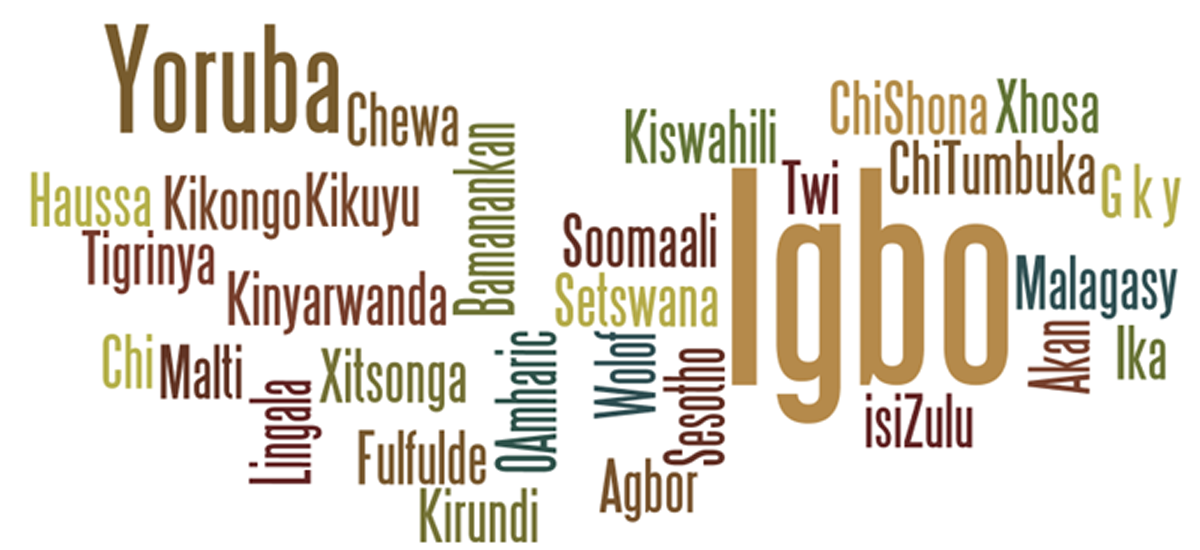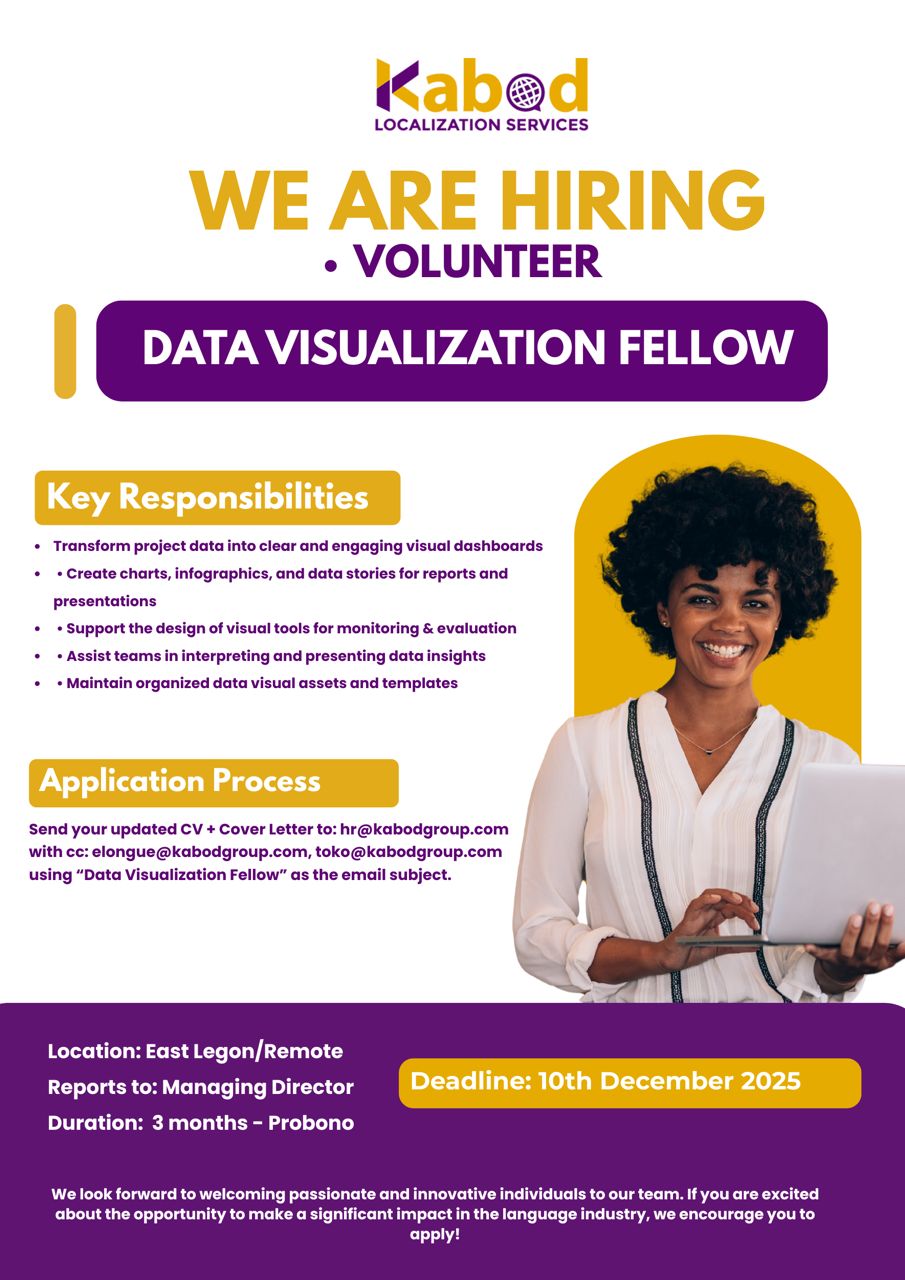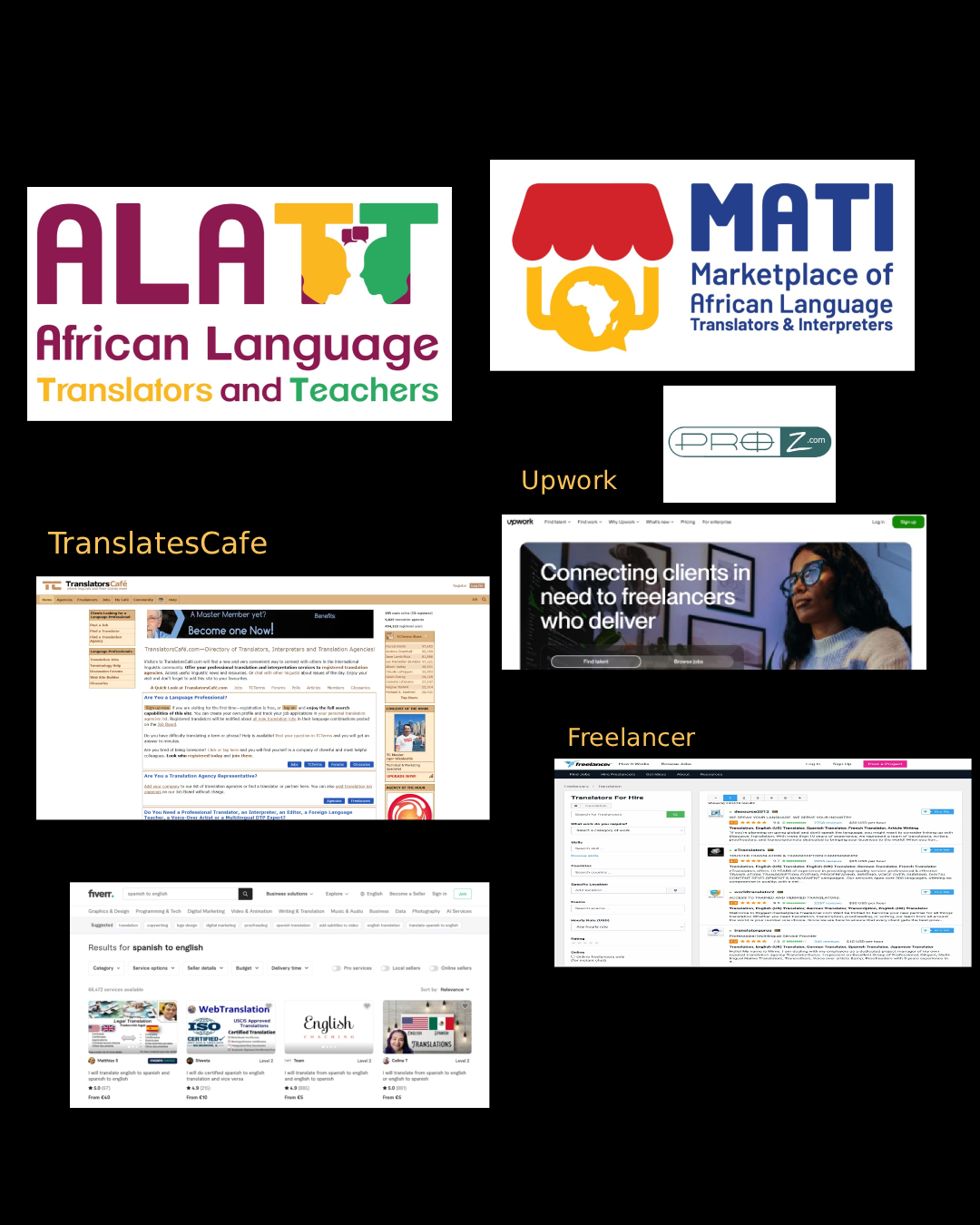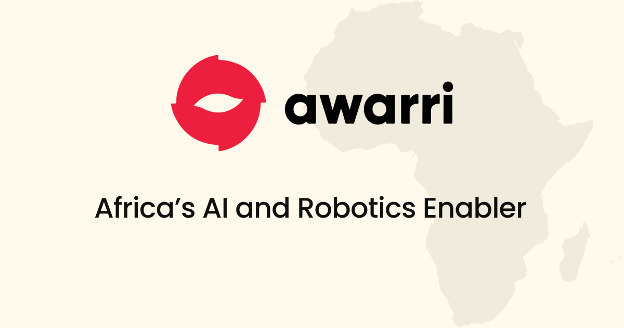Language is defined as a structured system of communication. In communicating, we have the opportunity to express our feelings, thoughts, ideas, etc. More than just communicating; language and culture have an almost unbreakable and intricate bond. As we know, language is always linked to a group of people. This explains the notion that to better understand one’s language, you must first understand one’s culture.
This begs the question:
How best can you know someone’s language and culture if you do not know yours first?
Our individual culture and native language, which define us and influence our actions and inactions, beliefs, and worldview, build the rudiments of self-awareness and unique identity.
Having an in-depth knowledge of one’s own native language is crucial for the following reasons;
- Prevents language extinction.
Having an in-depth knowledge of one’s own native language prevents language extinction. Language extinction occurs when there is no speaker of that language.
The longevity of a language largely depends on the number of its speakers.
- Intellectual development
Studies have shown that cognitive development, as well as intellectual development, is comparatively faster in those who are fluent in their mother tongue. It has also been noted that if a student is educated in his/her mother tongue, the rate of his or her educational success is higher than someone who is taught in a different medium other than their mother tongue.
- Better connection with your culture
Languages are the most important way of keeping our culture alive. Often, the direct translation of one language to another might not carry the same essence as it does in the source language. Thus, the best way to thoroughly learn about a culture is to know the language. Our mother tongue helps us stay connected to our culture and our roots – this is what defines us.
- The Pride
Knowing your mother tongue well is a matter of pride. It boosts one’s confidence and creates awareness in the individual’s mind, while also helping them connect with their cultural identity in a better manner.
How to contribute to the promotion of one’s native language
The following are some ways Africans can promote indigenous languages:
- Increase indigenous initiatives and evidence-based research on African Languages
- Increase the development of quality content and teaching resources in African languages
- Contribute to the increased presence of indigenous languages online through NLP
- Develop language policies that prioritize the use of indigenous languages for official purposes and as a medium of learning and teaching.
- Intentionally teaching and speaking native languages at home, especially at home.
In conclusion, it is incumbent on every native speaker to be the custodian of their native language. Contributing to the safeguarding of these languages ensures the longevity of our diverse history, culture, and unique identity. A few initiatives are contributing to the preservation of African languages using natural language processing (NLP):
- ● Masakhane is a grass root initiative that has the mission of conducting and encouraging NLP of African languages by Africans in Africa.
- ● Lanfrica Lanfrica aims to mitigate the difficulty encountered in the discovery of African language resources by creating a centralized, language-first catalogue.
- ● The African Language Teachers and Translators (ALATT) network is a major platform on LinkedIn that brings together language professionals of African languages to facilitate connection, learning, and opportunity sharing among the actors of the African language industry.
- ● The Summer Institute of Linguistics (SIL) has ingrained its presence on the African continent for decades by partnering with communities to develop language solutions.
There is no legacy worth more than knowing one’s native language and culture and passing them on to the next generation.
Should posterity look at the ancestral records, what will your contribution be towards the preservation and promotion of your culture and language?
Would you be happy to see your native language go extinct?
If not, then the time to act is NOW!
Kindly share in a comment the actions or ways you are contributing to the preservation and promotion of your mother tongue/native language.




